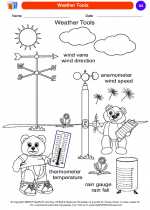Molecules
A molecule is a group of two or more atoms that are chemically bonded together. These atoms can be of the same element or different elements. Molecules are the building blocks of all substances and are essential to the existence of life. Understanding molecules is crucial in the study of chemistry and biology.
Structure of Molecules
Molecules are held together by chemical bonds, which can be covalent, ionic, or metallic. In a covalent bond, atoms share electrons, while in an ionic bond, electrons are transferred from one atom to another. Metallic bonds involve a sharing of electrons in a sea of electrons.
Types of Molecules
There are two main types of molecules: 1. Diatomic molecules: These molecules consist of two atoms of the same element bonded together, such as oxygen (O2), nitrogen (N2), and hydrogen (H2). 2. Polyatomic molecules: These molecules contain more than two atoms, either of the same or different elements, bonded together. Examples include water (H2O), carbon dioxide (CO2), and glucose (C6H12O6).
Properties of Molecules
The properties of a molecule are determined by the types of atoms it contains and the way they are bonded. These properties include molecular weight, shape, polarity, and reactivity. Understanding the properties of molecules is essential in fields such as pharmaceuticals, materials science, and environmental science.
Study Guide
To understand molecules better, here are some key concepts to focus on: 1. Chemical Bonds: Learn about the different types of chemical bonds and how they contribute to the formation of molecules. 2. Molecular Structure: Understand how the arrangement of atoms in a molecule influences its properties and behavior. 3. Types of Molecules: Study the differences between diatomic and polyatomic molecules, and explore examples of each type. 4. Molecular Properties: Familiarize yourself with the properties of molecules and how they impact various scientific fields.
By grasping these fundamental concepts, you'll develop a solid foundation in understanding the role of molecules in the natural world and in scientific research.
[Molecules] Related Worksheets and Study Guides:
.◂Science Worksheets and Study Guides Kindergarten. Weather

 Coloring Worksheet
Coloring Worksheet
 Coloring Worksheet
Coloring Worksheet
 Coloring Worksheet
Coloring Worksheet
 Coloring Worksheet
Coloring Worksheet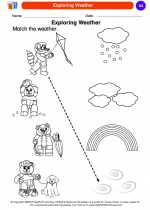
 Coloring Worksheet
Coloring Worksheet
 Coloring Worksheet
Coloring Worksheet
 Coloring Worksheet
Coloring Worksheet
 Coloring Worksheet
Coloring Worksheet
 Coloring Worksheet
Coloring Worksheet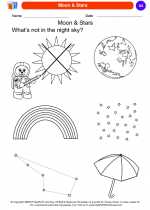
 Coloring Worksheet
Coloring Worksheet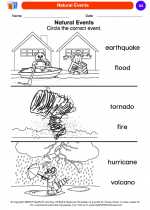
 Coloring Worksheet
Coloring Worksheet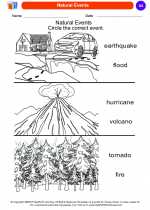
 Coloring Worksheet
Coloring Worksheet
 Coloring Worksheet
Coloring Worksheet
 Coloring Worksheet
Coloring Worksheet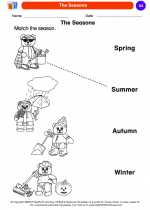
 Coloring Worksheet
Coloring Worksheet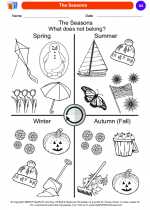
 Coloring Worksheet
Coloring Worksheet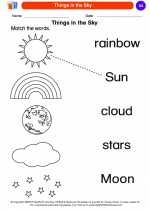
 Coloring Worksheet
Coloring Worksheet
 Coloring Worksheet
Coloring Worksheet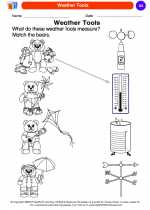
 Coloring Worksheet
Coloring Worksheet